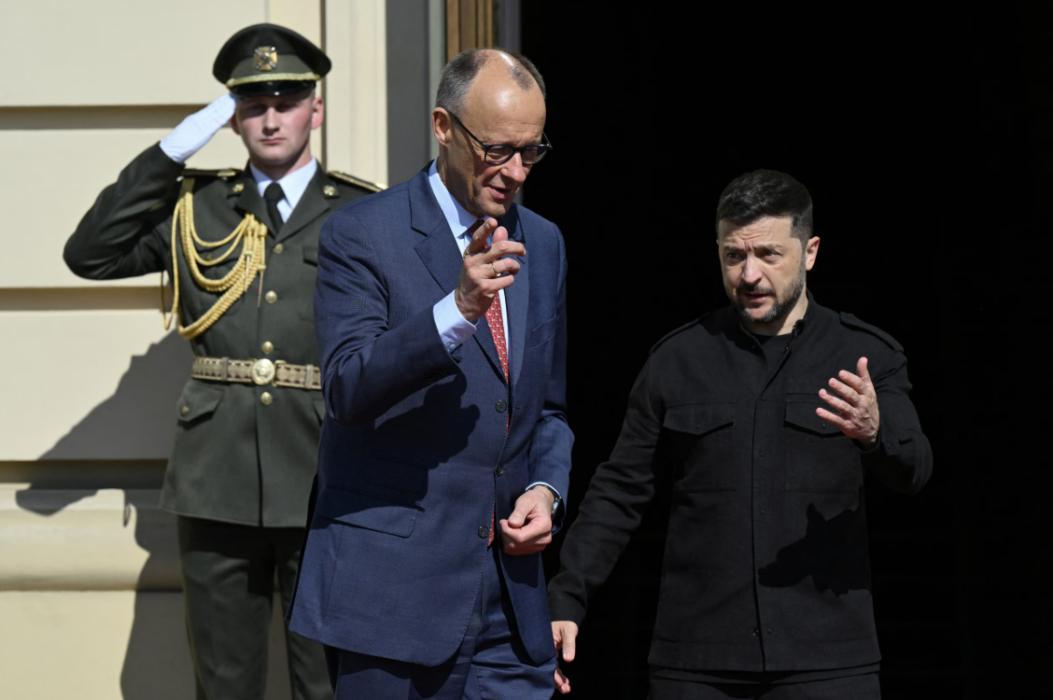In a dramatic escalation of Europe’s posture in the war in Ukraine, newly inaugurated German Chancellor Friedrich Merz has declared that Germany—and its key Western allies—are lifting all range restrictions on the weapons they supply to Kyiv. The move, unprecedented in its scope and implications, signals a decisive shift in how far the West is willing to go to support Ukraine's defense, even as the risk of direct confrontation with Russia intensifies.
“We will do everything in our power to continue supporting Ukraine,” Merz declared in a social media post Monday. “This also means no longer having any range restrictions on the weapons we supply.” That statement, echoed in a subsequent speech at a WDR public forum, outlined a new policy that permits Ukraine to strike military targets inside Russian territory using Western-supplied long-range arms.
Merz named the British, the French, and the Americans as co-participants in this updated approach. His words dismantle what had been one of the last guardrails preventing a broader regional war—a self-imposed limit on how Ukraine could use NATO-supplied weapons.
“We call this ‘long-range fire’ in jargon,” Merz explained. “Also supplying Ukraine with weapons that attack military targets in the hinterland.”
This policy change isn’t just military—it’s diplomatic theater and strategic signaling. Merz, who is working to balance assertiveness with pragmatism, is threading a needle: continue the West’s support for Ukraine, maintain unity among NATO allies, and exert pressure on Moscow—all while attempting to avoid full-scale war.
The timing is notable. Just last week, Merz warned that Germany’s democratic values are under attack “from within and without.” He framed the lifting of range restrictions not only as a show of military strength but as a defense of democratic principles in the face of external aggression.
“The Basic Law allows us to live in freedom, peace, and security,” Merz posted. “But our freedom is being attacked… Therefore, we must stand up for a strong constitutional state and defend our democracy every day.”
Predictably, Russia’s response was immediate and severe. Kremlin spokesperson Dmitry Peskov labeled the new policy “dangerous” and accused the West of sabotaging efforts toward a political settlement. More ominously, Russian officials reiterated warnings that lifting range restrictions could provoke retaliation—including the potential use of nuclear weapons.
It’s a warning that no one in Berlin, Paris, London, or Washington can take lightly. While the West has walked a tightrope for over two years—arming Ukraine while avoiding direct conflict with Russia—Merz’s policy potentially moves NATO from passive support to active enabler of offensive strikes on Russian soil.

